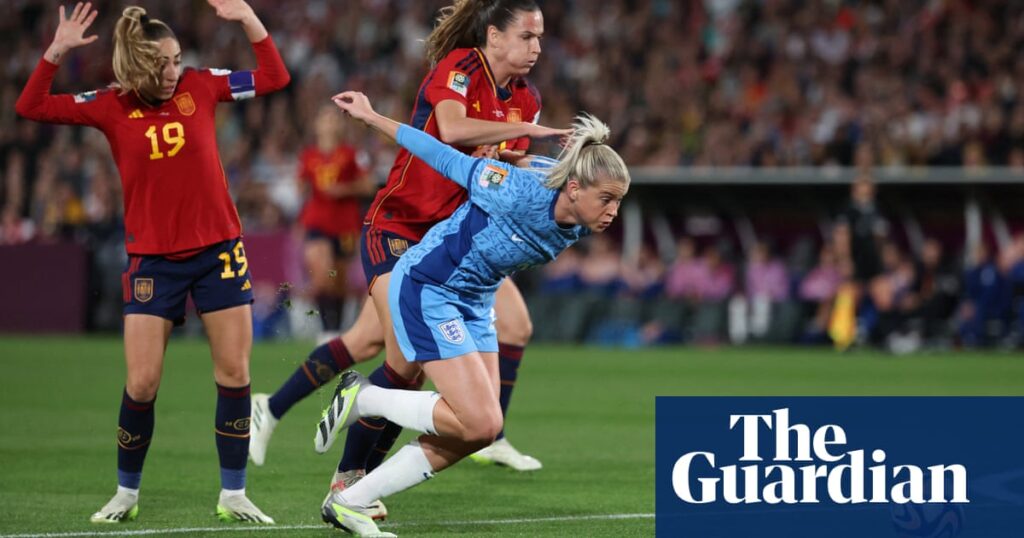Concerns Raised over Player Welfare at Women’s World Cup
The report by the players’ union, Fifpro, which surveyed 260 players from 26 of the 32 teams that took part in the 2023 Women’s World Cup in Australia and New Zealand, has revealed several alarming issues.
Player Physical and Mental Health Concerns
- Two-thirds of the players felt they were not at their physical peak during the tournament.
- A similar number criticized the lack of recovery time after the event. One player described their quick return to club football as “mentally exhausting.”
- 53% of the players said they did not have enough rest before their opening fixture, and 60% stated that their post-tournament rest was insufficient.
- 86% of the respondents were given less than two weeks off before restarting work at their clubs, despite Fifpro guidelines recommending an off-season break of four weeks and a retraining period of six weeks.
“I was trying to rest and prepare at the same time, which doesn’t really work,” one player said, highlighting the immense strain placed on the athletes.
Inadequate Medical Support
- 10% of the players said they did not have a pre-tournament medical examination, and 22% said they did not have an ECG, both of which are part of FIFA’s tournament regulations.
- 60% of players said they lacked mental health support.
“Anything below 100% when it comes to access to an ECG or undertaking a pre-tournament medical is not acceptable,” said Fifpro’s head of strategy and research for women’s football, Dr. Alex Culvin. “All players need to complete these important checks before they compete, and the regulations need to be applied and adhered to in full.”
Financial Challenges
- One in three players earn less than $30,000 (£23,600) a year from football, and one in five supplement their income with a second job.
These findings underscore the urgent need for improvements in player welfare, tournament conditions, and financial support for the women’s game. As the sport continues to grow in popularity, the well-being and professional development of the athletes must be a top priority for football governing bodies and club teams.
🔗 Source
